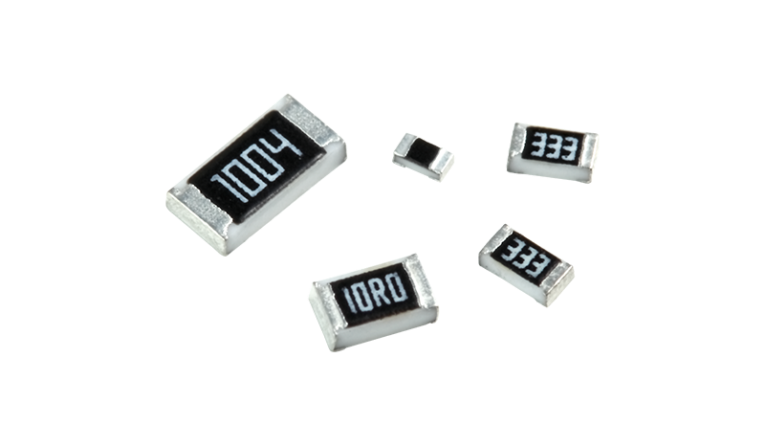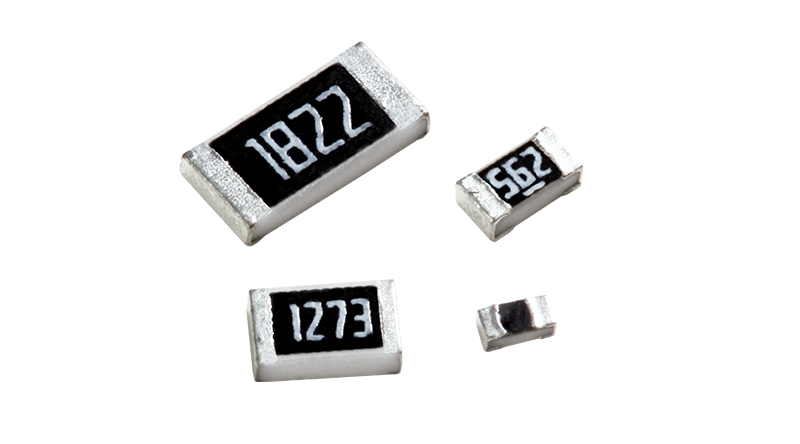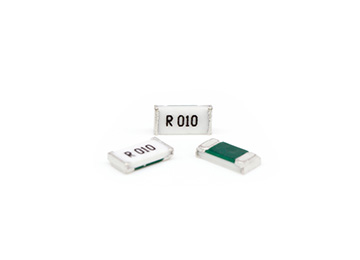Resistors are very common and essential components in electronic and electrical products, with a wide range of product categories and applications. They also play many roles in circuits. Below, we will explain the main types and applications of resistors.

Resistors are very important components in electronic circuits, and their main types and uses are as follows:
The main types of resistors
1. Fixed resistor:
-Including carbon film resistors, metal film resistors, wire wound resistors, etc., their resistance values are fixed and cannot be adjusted.
2. Variable resistor (potentiometer):
-The resistance value can be adjusted, divided into potentiometers and electronic adjustable resistors, used to adjust circuit parameters such as volume adjustment, circuit calibration, and sensor bias.
3. Sensitive resistor:
-Including thermistors, photoresistors, force sensitive resistors, gas sensitive resistors, humidity sensitive resistors, etc., their resistance values vary with environmental conditions.
4. Metal film resistor:
-Covering a metal film on a ceramic or glass tube has the characteristics of low temperature coefficient and high accuracy.
5. Wire wound resistor:
-The resistor wire is wound around a ceramic tube or glass tube, which has the characteristics of high power and high precision.
6. Surface mount resistor (chip resistor):
-Small size, high precision, good stability and high-frequency performance, suitable for substrates in high-precision electronic products.
7. Non inductive resistor:
-Commonly used as a load to absorb unwanted electricity generated during product use, or to act as a buffer or brake.
8. High voltage resistor:
-Resistors used in high-voltage devices, with a rated voltage of up to 35kV or higher.
9. High resistance resistor:
-The resistance value is above 10M Ω, and the highest can reach 10 ^ 14 Ω.
10. Resistance network (resistor bank):
-Multiple resistors with consistent parameters and performance are made on a single substrate and connected to form a resistor network, also known as an integrated resistor.
The main use of resistors
1. Limit and regulate current flow:
-Resistors are used to limit current or generate voltage drops, such as limiting the current passing through an LED circuit.
2. Voltage division:
-In a voltage divider circuit, the required voltage is obtained by connecting resistors in series.
3. Adjust the signal level:
-In amplifier circuits, providing necessary operating points for transistors and regulating signal levels.
4. Biased active components:
-Used to bias active components such as transistors, ensuring they operate at the correct operating point.
5. Temperature sensing, temperature compensation, and overheating protection:
-Thermistors are widely used in these fields.
6. Voltage current conversion:
-Resistors can convert voltage signals into current signals.
7. Protective components:
-When the input is overloaded, resistors can serve as voltage or current protection components.
8. Oscillatory, filtering, bypass, differential, integral, and time constant components:
-Resistors can form RC circuits for oscillation, filtering, bypass, differentiation, integration, and time constant control.
The above are the main types and uses of resistors, which play a key role in electronic circuit design. It is very important to choose the appropriate resistor type according to different application requirements.


